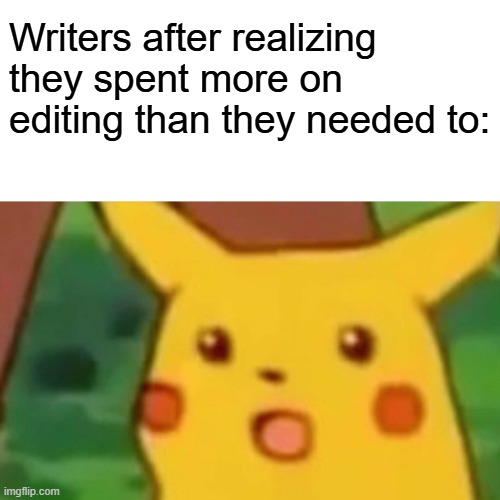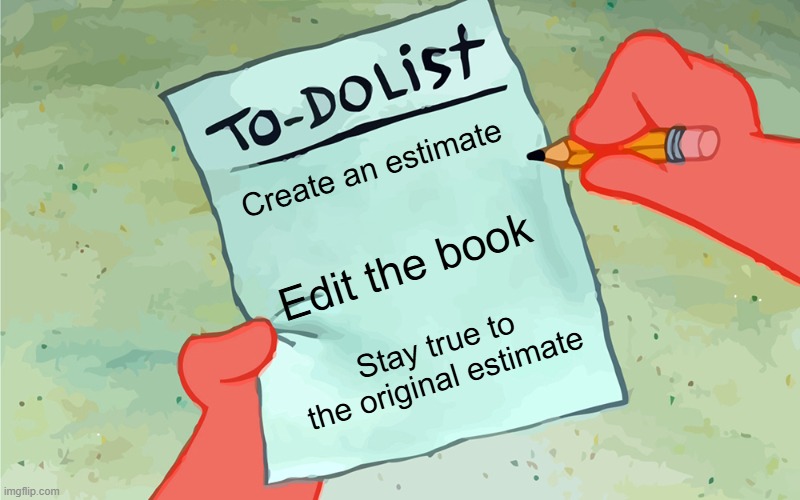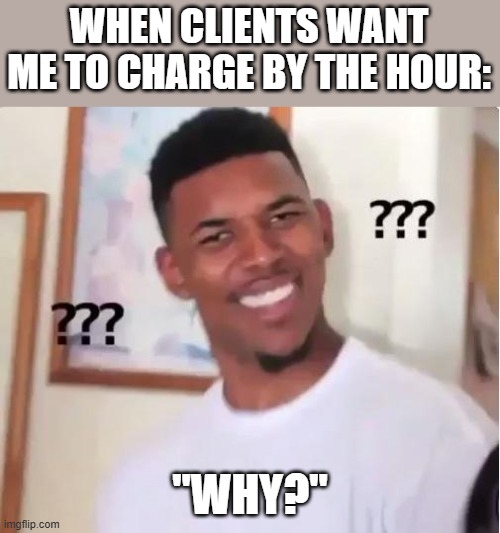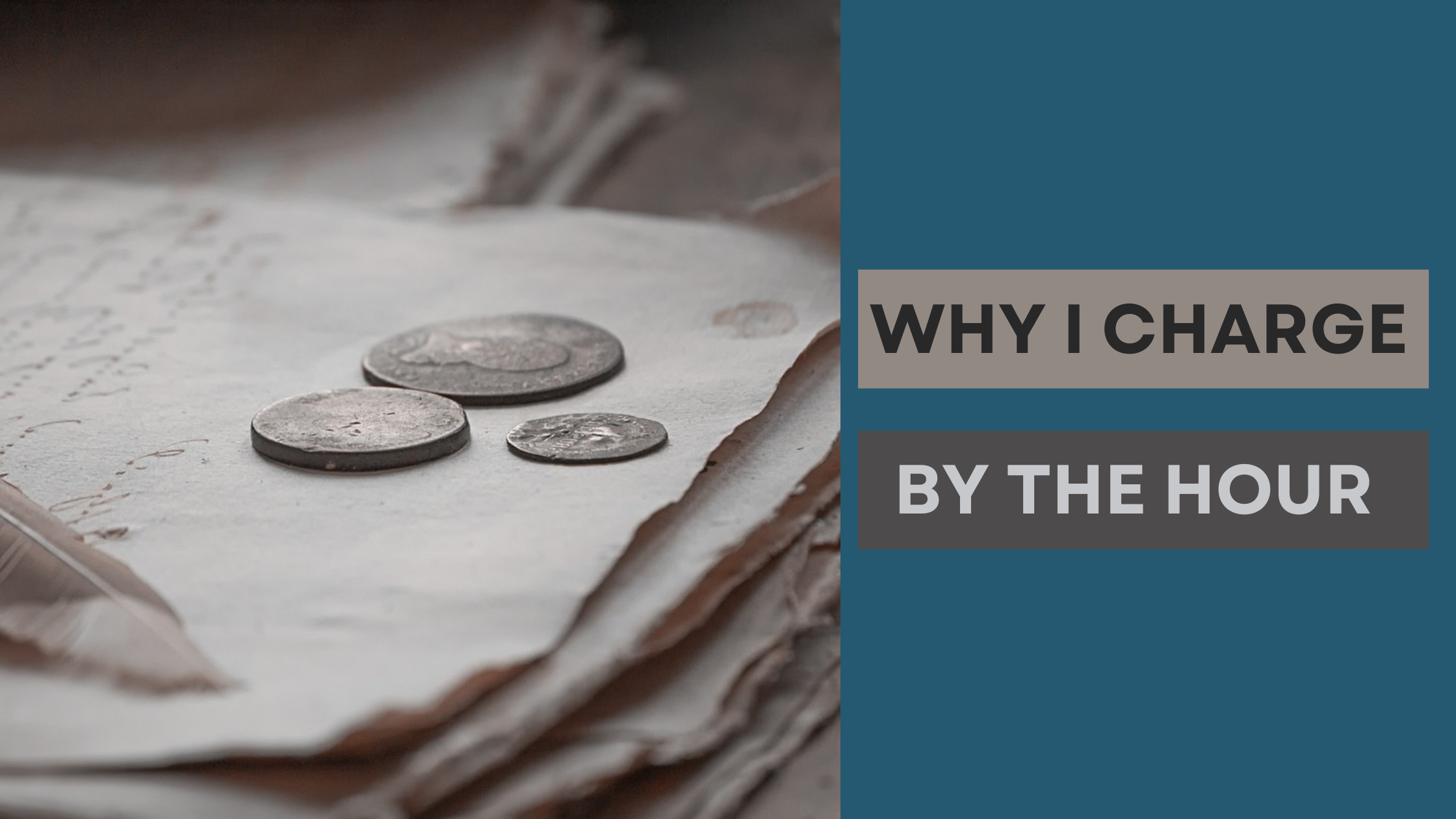Recently, my mother told me about a conversation she had with an author online. My mom had posted my business page in a Facebook group, and an author said that charging by the hour was probably holding my company back. Many people may feel similarly. Why charge by the hour when by-the-word pricing seems so much simpler?

It’s More Cost Effective
Some writers prefer to see by-the-word costs because they can do the math themselves and see exactly how prices compare between companies. What these customers don’t know, however, is that paying by the word almost always ends up costing more.

Going by the Editorial Freelancer’s Associate’s standards, a developmental edit of a novel could cost anywhere between $0.03 and $0.04. Generally, the EFA rates are considered low, so I might be undershooting the average price. Even so, at $0.03 per word, a full developmental edit of a 80,000-word manuscript would cost $2,400. Per hour, the same chart estimates editors charging between $50 and $60 dollars per hour. With an edit that takes approximately 30 hours, the higher per-hour price adds up to $1,800 for that same 80,000-word book. That’s a $600 difference! At Best Edition Editing, we charge $40 per hour, so the book would only cost $1,200. Touchstone Editing has a great chart on the pricing comparisons on their blog, further highlighting the benefits of a per-hour pricing model.
Book-Specific Pricing
Another downfall of charging by the word is that all clients pay the same price, no matter what condition their book is in. An experienced client whose line edit would take 15 hours would pay as much money as a new writer whose line edit would take 50 hours. It isn’t fair to that experienced client, and it isn’t fair to the editor, either.

Under-Estimating Price
One reason many authors struggle with per-hour pricing is that they fear being charged a second time. They worry that an editor will quote them for a certain amount of hours, and then they’ll come back saying the book took them three times what they originally promised. Well, I can’t speak for all editors, but I can speak for my company. At Best Edition Editing, the estimate I give you is the amount you pay, no matter what. If the book takes me longer to edit, the customer will never have to cough up extra money.

Will I Change My Mind?
At this moment, I am hesitant to change the way I do things. It feels unfair to my clientele. That being said, I’m not opposed to charging per word if a client asks for it. I just want them to be aware that they’ll probably end up spending more money that way. If a client wants me to line edit a 80,000-word book, the price per word would be $0.025, and the entire project would cost $2,000. If they want me to edit the same book per hour, it would probably cost closer to $1,400. If clients are aware of that fact, then I can charge them however they see fit.

Closing Remarks
Although it’s true that many editors charge by the word, there are also plenty of people who charge by the hour. It might seem weird to newer authors, but that’s how things are running right now. Best Edition Editing charges by the hour because we believe it’s more fair to our clients. Other editors charge by the word because it’s easier for their clients to understand. At the end of the day, the choice is in the hands of the company. If customers ever wonder about the reasoning behind a chosen pricing model, they should ask. All great editors should be able to defend their choices.


This makes so much sense! As a writer, I’ve always feared the per hour pricing model for all the reasons you list. Thank you for your transparency.